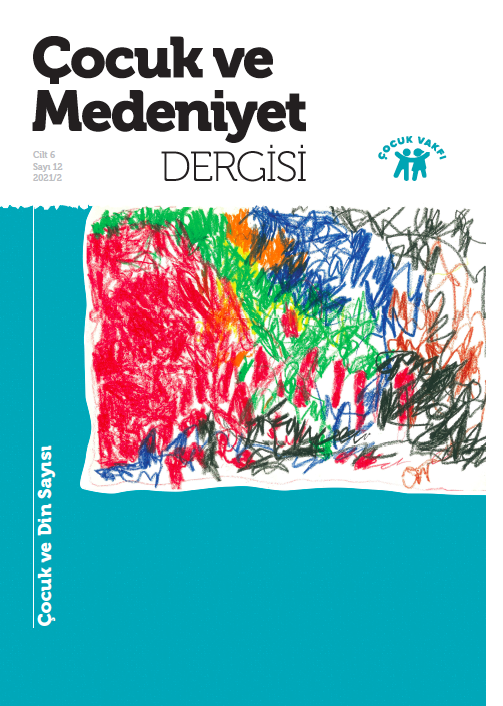Digital Media and Religious Education: Separate Worlds?
DOI:
https://doi.org/10.47646/CMD.2021.263Abstract
The paper is concerned with relevant reasons to combine religious learning with the competent use of digital media. 1. To start with the needs of today’s children one has to reflect and clarify the phenomenon of religious learning, which cannot be separated from the conduct and practice of daily life. It seems to be a global process that digital media (i.e. computer based entertainment, the use of social media, management of user-relevant information etc. (mir ist unklar, was mit letzterem gemeint ist, aber das könnte auf meine mangelnde Fachkenntnis zurückzuführen sein) has become more and more part of children’s every day lives. As to the future and later professions of children one has to realistically expect an immensely increased importance of new media for individuals as well as for the progress of modern societies. 2. As to religion, no one can ignore the mediacy of religion: even religion has to use technical instruments to come close to those it addresses. Because of religion’s closeness to the every day lives/the lifeworld of children and young adults, strengthening the relevance of religion means to show that the use of digital, i.e. technical media, is nothing beyond religion’s relevance and extends into the real world of all members of modern societies. The fundamental relation to the ultimate ground of reality leaves nothing outside of its range. 3. Due to the capacity of visualization and the possibility to represent logical structures in a very elementary way, digital media are very useful instruments for for teaching religion) Religion is not only the concrete and practical way of believing. In addition it needs every effort in order to acquire a competent knowledge in relation to situations which are also to be interpreted in a religious way. The capacity of using knowledge successfully in different situations is the key to understanding the meaning of competence. And “competence” seems to have become more and more the regulative idea of learning in institutional and formal settings, as for example in schools and universities. Competence in media and competence in religious knowledge may grow together. 4. At the Goethe University in Frankfurt we had the chance to gather experiences with computer based religious learning since 2005. We conceptualized, realized, implemented and last but not least evaluated an internet platform commissioned by the German Bishops-Conference (DBK). The platform addresses all German-speaking Catholic teachers responsible for religious education in primary and secondary schools of all school-types. By evaluation we can prove the usefulness of computer based religious learning and its benefits for religious education in educational institutions.

